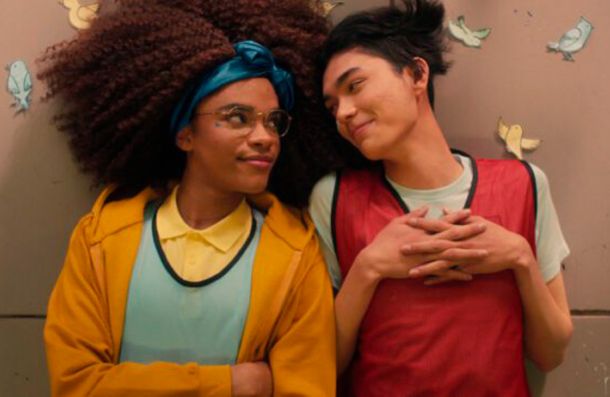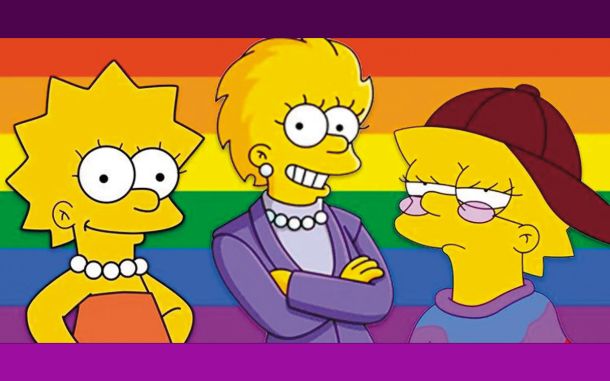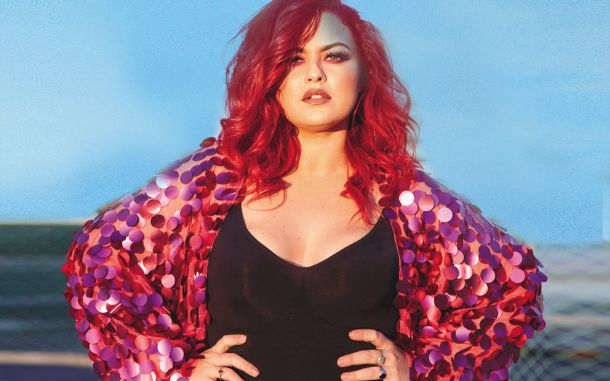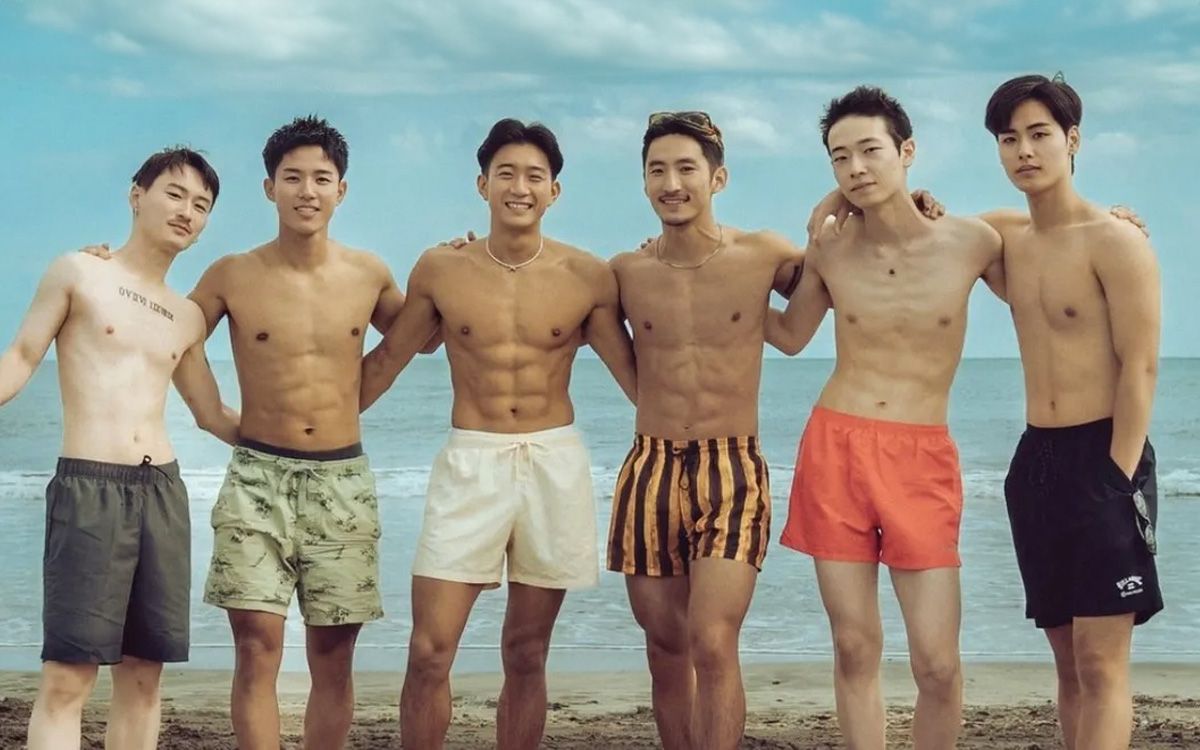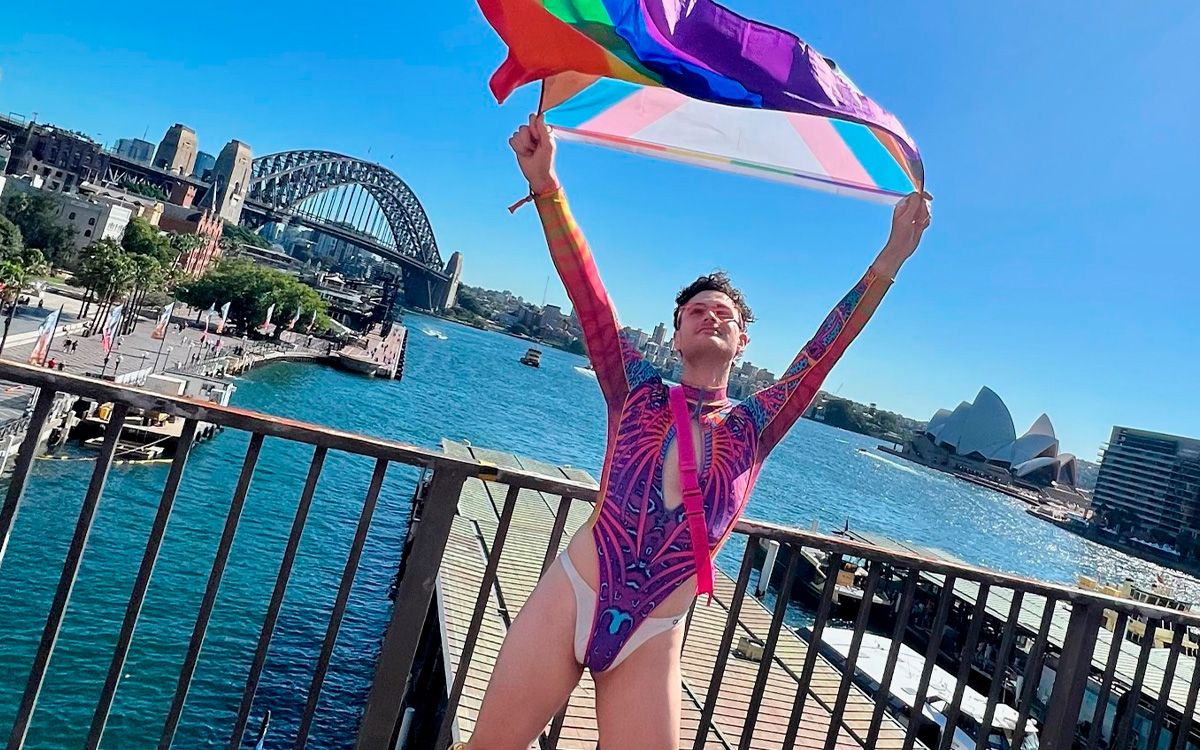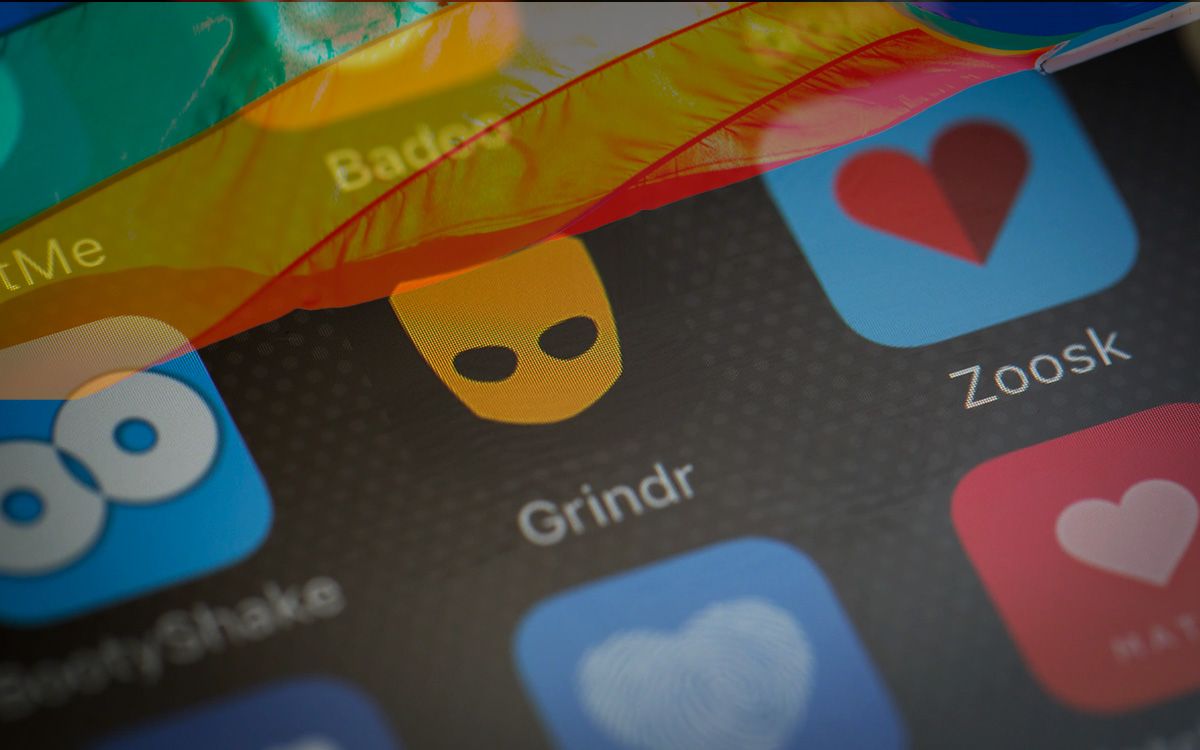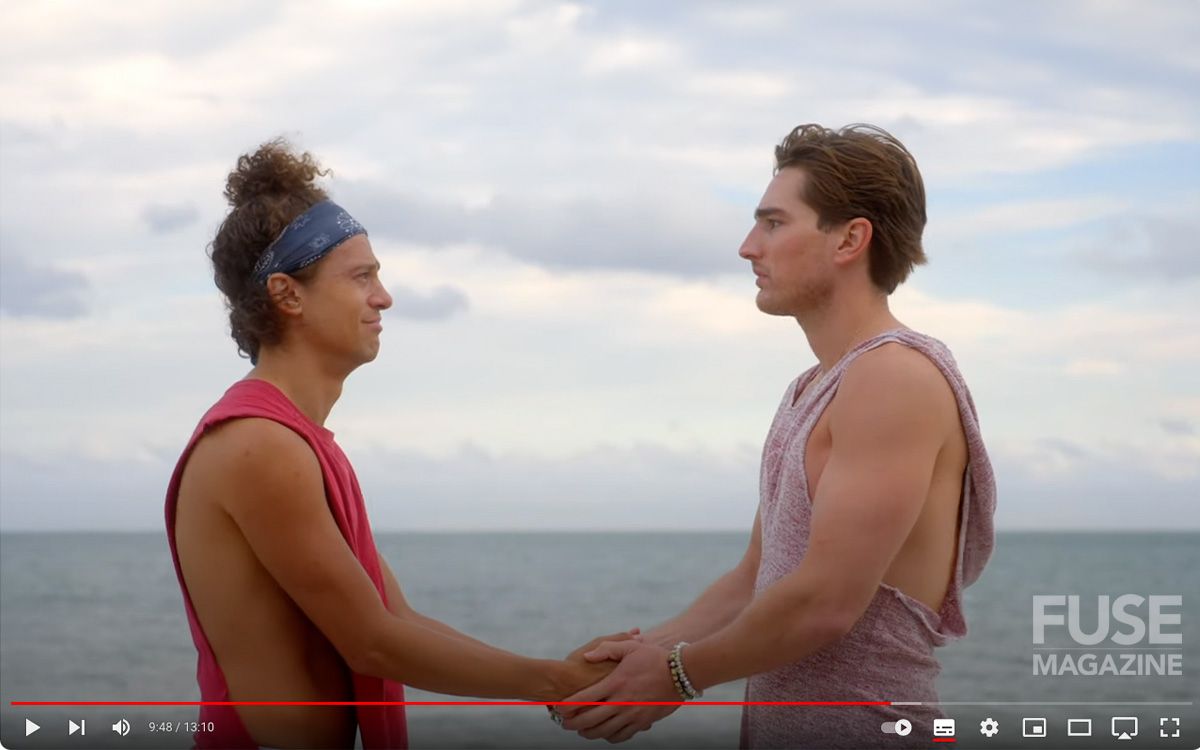Lesbian Polar Bears hit TV Sceens
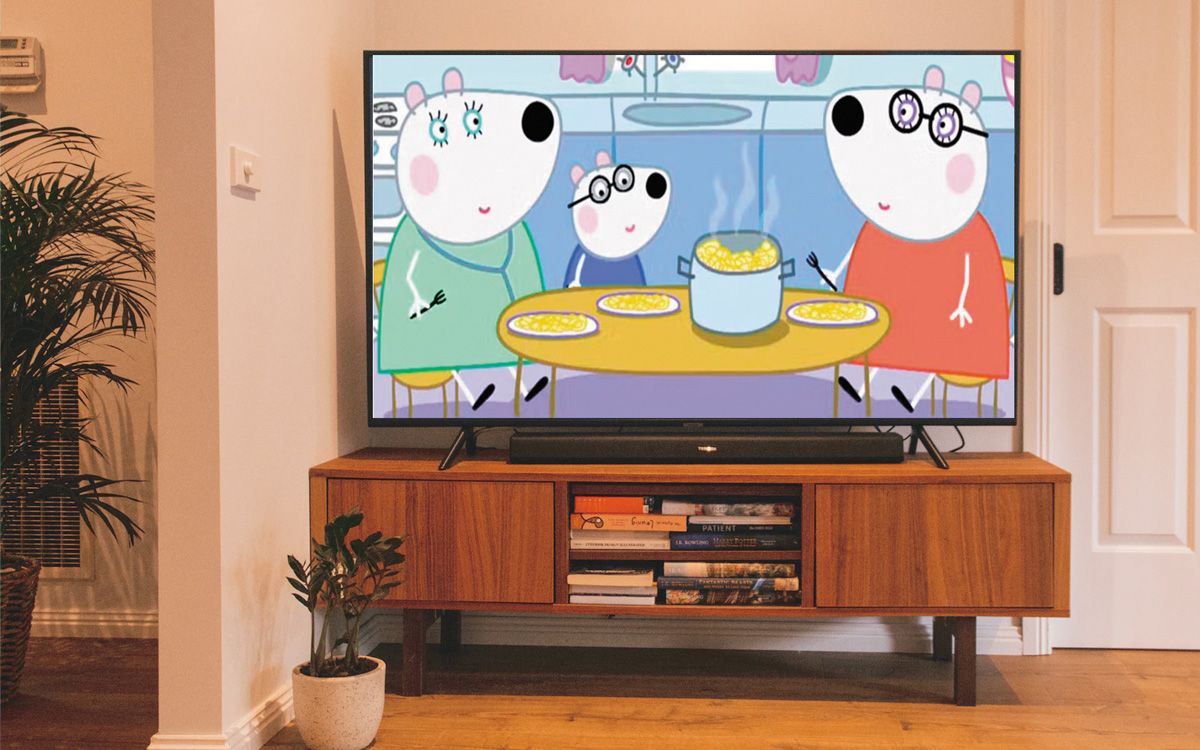
Peppa Pig’s first same-sex couple, a pair of lesbian polar bears, were recently introduced after a petition to include a same-sex family received nearly 24,000 signatures.
Children’s television has often been a place to push the boundaries of diverse representations onscreen. In particular, Australian children’s TV has been a global leader in screen diversity, including gender and queer representation.
Emmy-winning Australian series First Day (2020-22) tells the story of a transgender girl starting high school. Another Emmy-winner, Hardball (2019-21) includes gay dads for one of the lead characters.
Even recent updates to The Wiggles’ line-up has placed a greater emphasis on gender diversity, including adding a non-binary unicorn.
Children’s TV is often less risk averse than programming aimed at adults. The ABC is empowered to take risks with representations of gender and sexuality in children’s programming because of its publicly funded role. But such progressive portrayals can sometimes chafe with outdated expectations of kid’s television. Back in 2004, Play School faced controversy for showing lesbian mothers.
As social acceptance has progressed, Australian children’s TV has been able to achieve more queer representations.
Talking to the Queering Australian Screens research project, television professionals often praised the genre for its openness to new ideas and representations and for bringing in new talent.
Tony Ayres, creator of Nowhere Boys (2013-18), observed those who commission children’s TV are “generally very open to diverse representation”.
This representation happens behind the scenes too, with Ayres describing how these shows often give new talent their first credit.
David Hannam, who has written for several kids’ TV shows including Dance Academy (2010-13), said children’s television “has led the way”.
Speaking of his time at the Australian Children’s Television Foundation, Hannam noted the foundation had an “almost charter responsibility” to show diversity on screen, “with great caution and responsibility”.
Julie Kalceff created First Day, which starred a young trans actor, Evie McDonald, as a trans girl starting high school.
It is not only TV producers who are eager to widen representation in children’s television. Audiences are also seeking out more inclusive content.
Just like Peppa Pig in the UK, there have been calls in Australia for more diversity in animated hit Bluey, with the show adding its first Auslan signing character in June.
Australian Children’s Television Cultures’ 2021 survey found 90% of Australian parents believe diverse representation is an important element of children’s TV.
In contrast to the controversy Play School received nearly 20 years ago for its inclusion of same-sex parents, a mother praised the show for “doing a fantastic job” of depicting diversity in relationships.
Not everyone believes Australian television is doing enough. One survey respondent praised the way shows like Bluey reflect Australian culture, but said he would “love to see more LGBT representation […] It would be nice as a kid to know you’re valid.”
The streaming era has changed how families and children watch TV. This raises concerns about the future of Australian children’s content.
The recent removal of quotas for Australian networks to air a minimum number of hours of children’s television, alongside the absence of quotas on streaming services, has led to a reduction in the production of local kids’ TV. From Play School to Bluey, children’s TV has reflected the richness of Australian cultural life.
There is a risk that if Australian child audiences need to rely on international content, future generations will not see themselves on screen.
With the loss of local voices, Australian kids’ TV may also lose its ability to push boundaries of diversity and inclusion. Only time will tell. Stay tuned.
This article was first published on The Conversation. By Damien O’Meara and Liam Burke, Swinburne University of Technology.



